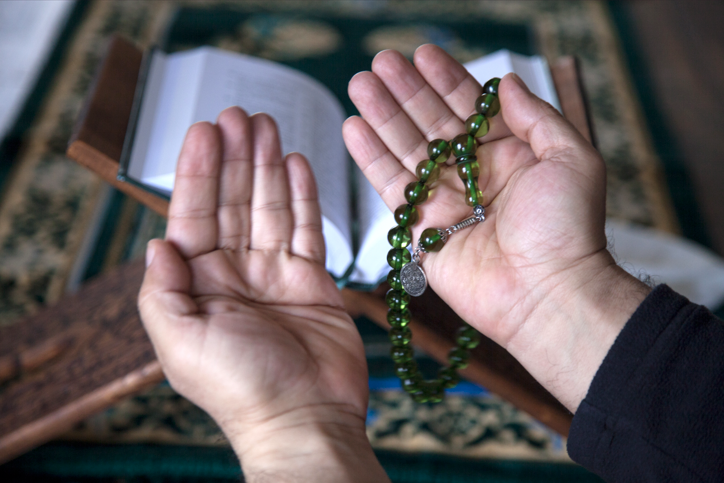Signing up to become an organ and tissue donor is a personal decision, shaped by individual, family and sometimes faith-based considerations.
All major religions in the United States support organ and tissue donation. Many religious leaders view it as the ultimate act of human kindness and charity or believe that it is a decision to be left up to the individual or family.
You can find statements and teachings on organ, eye and tissue donation from some religions here. If you have further questions about your religion and donation, please speak with your faith leader for more guidance.
For more theological perspectives on organ and tissue donation, visit golm.org/unos-religion.
Watch Gift of Life Michigan’s A Matter of Faith video below or at golm.org/matterfaith.
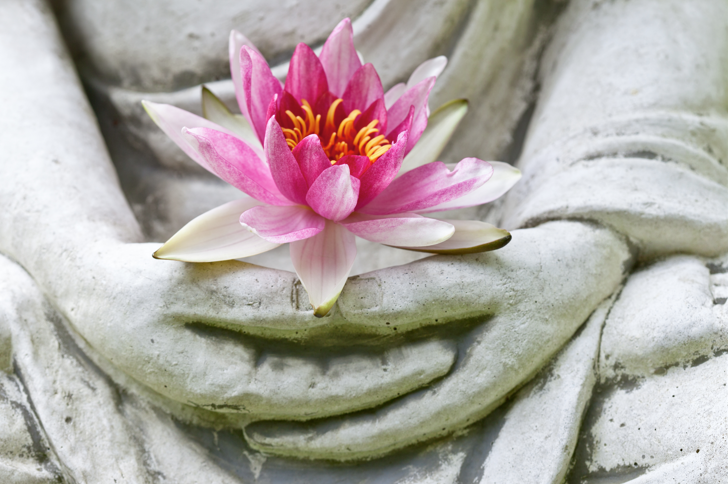 Buddhism
Buddhism
Buddhists believe organ donation is a personal decision. If an individual becomes an organ donor, it is considered as an act of compassion. They do stress the importance of informing your loved ones of your decisions.
“We honor those who donate their bodies and organs to the advancement of medical science and to saving lives.”
— Rev. Gyomay Masao Kubose, founder of the Buddhist Temple of Chicago
Christianity
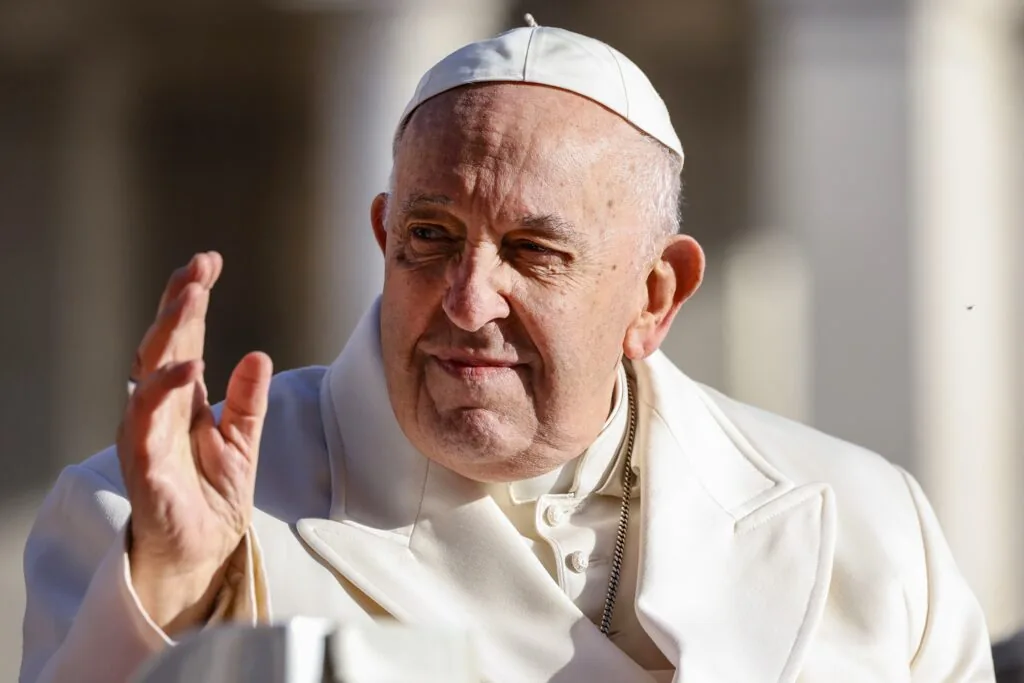 Catholics and Protestant Christians view organ and tissue donation as a genuine act of love, charity and self-sacrifice. Many leaders in the Catholic church have spoken positively on organ donation, including Pope Francis, who stated, “Donation is considered an act of charity and love.”
Catholics and Protestant Christians view organ and tissue donation as a genuine act of love, charity and self-sacrifice. Many leaders in the Catholic church have spoken positively on organ donation, including Pope Francis, who stated, “Donation is considered an act of charity and love.”
“Organ donation is a testimony of love for our neighbor.”
— His Holiness Pope Francis
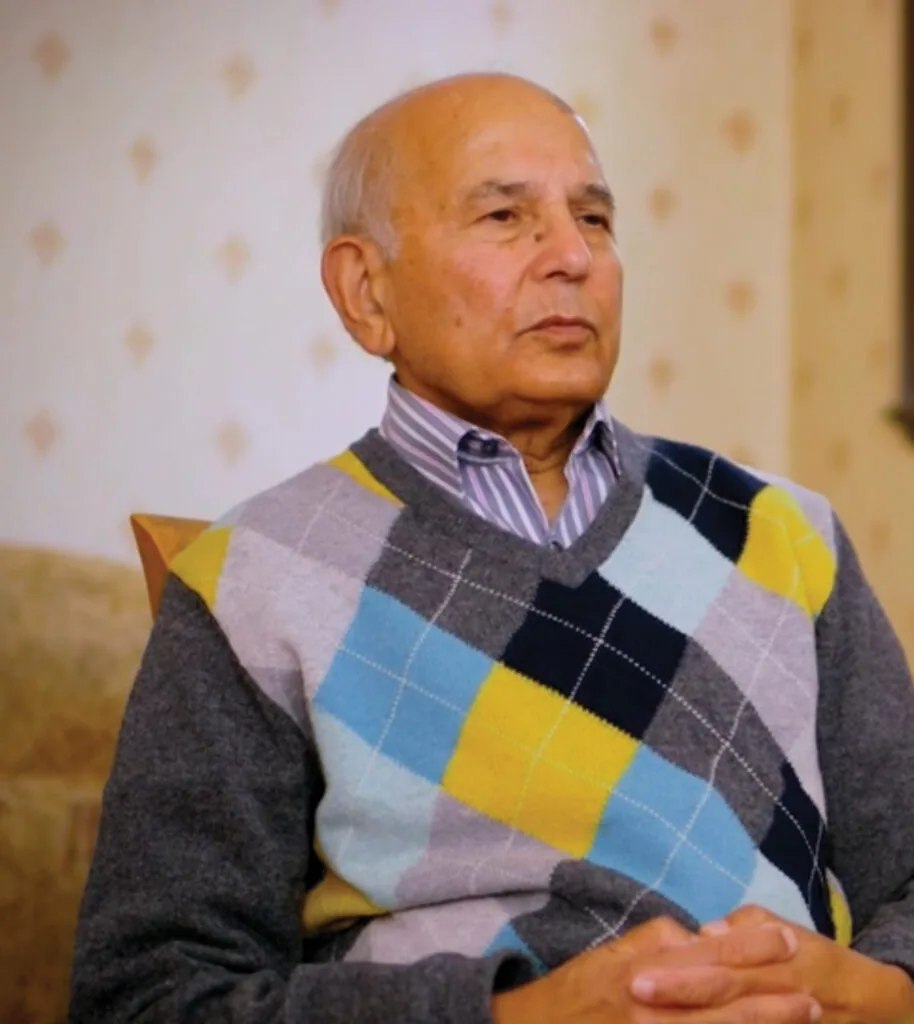 Hinduism
Hinduism
Hindus are not prohibited by religious law from donating their organs, according to the Hindu Temple Society of North America. In fact, Hindu mythology includes stories in which parts of the human body are used for the benefit of other humans and society. The act is an individual decision.
“The religious text on Dadhichi Muni tells us about donating his bones to save human life; saving other people’s lives is the best service to God.”
— Amrit Paul Kaushal, former general secretary of the Hindu Temple
Islam
Islam believes in the principle of saving human lives and permits organ donation to attain a noble end to one’s life. The religion of Islam preaches that saving one life also saves the world.
“If anyone saved a life it would be as if he saved the life of the whole humanity.”
— The Quran 5:32
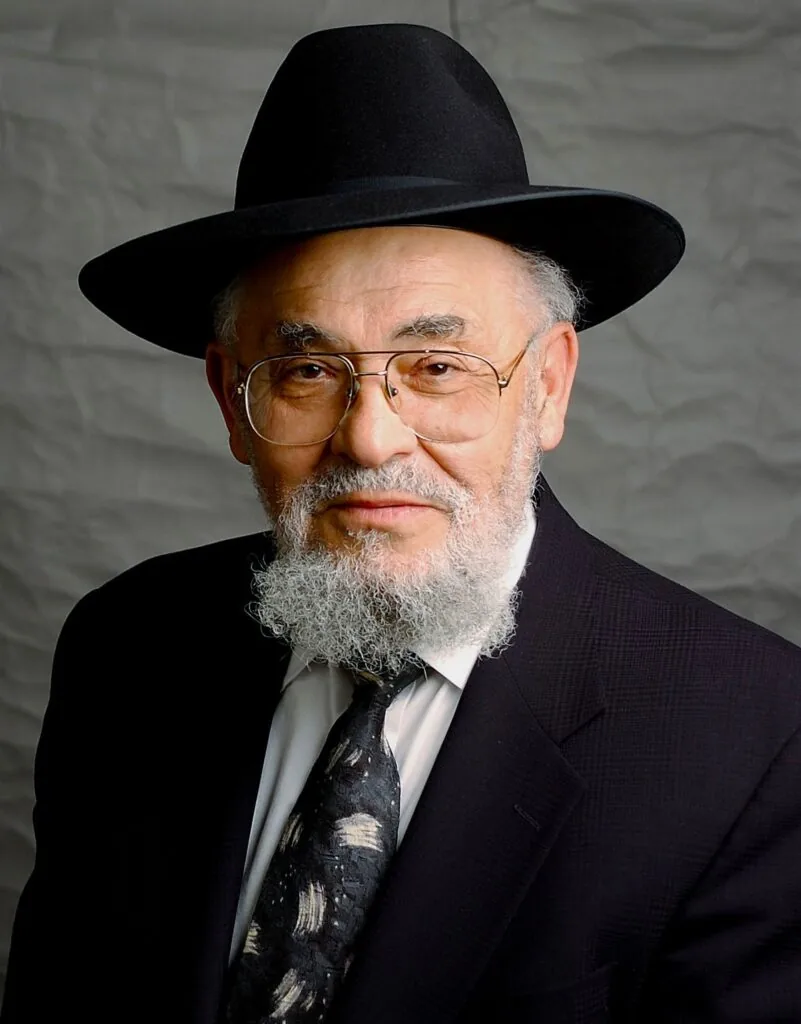 Judaism
Judaism
All four branches of Judaism support donation. Transplantation does not desecrate a body or show a lack of respect for the dead, and any delay in burial to facilitate organ donation is respectful of the decedent. Organ donation saves lives and honors the deceased.
“If one is in a position to donate an organ to save another’s life, it’s obligatory to do so, even if the donor never knows who the beneficiary will be.”
— Rabbi Moses Tendler, a noted professor on Jewish Medical Ethics
References:
Gift of Life Donor Program
United Network for Organ Sharing


